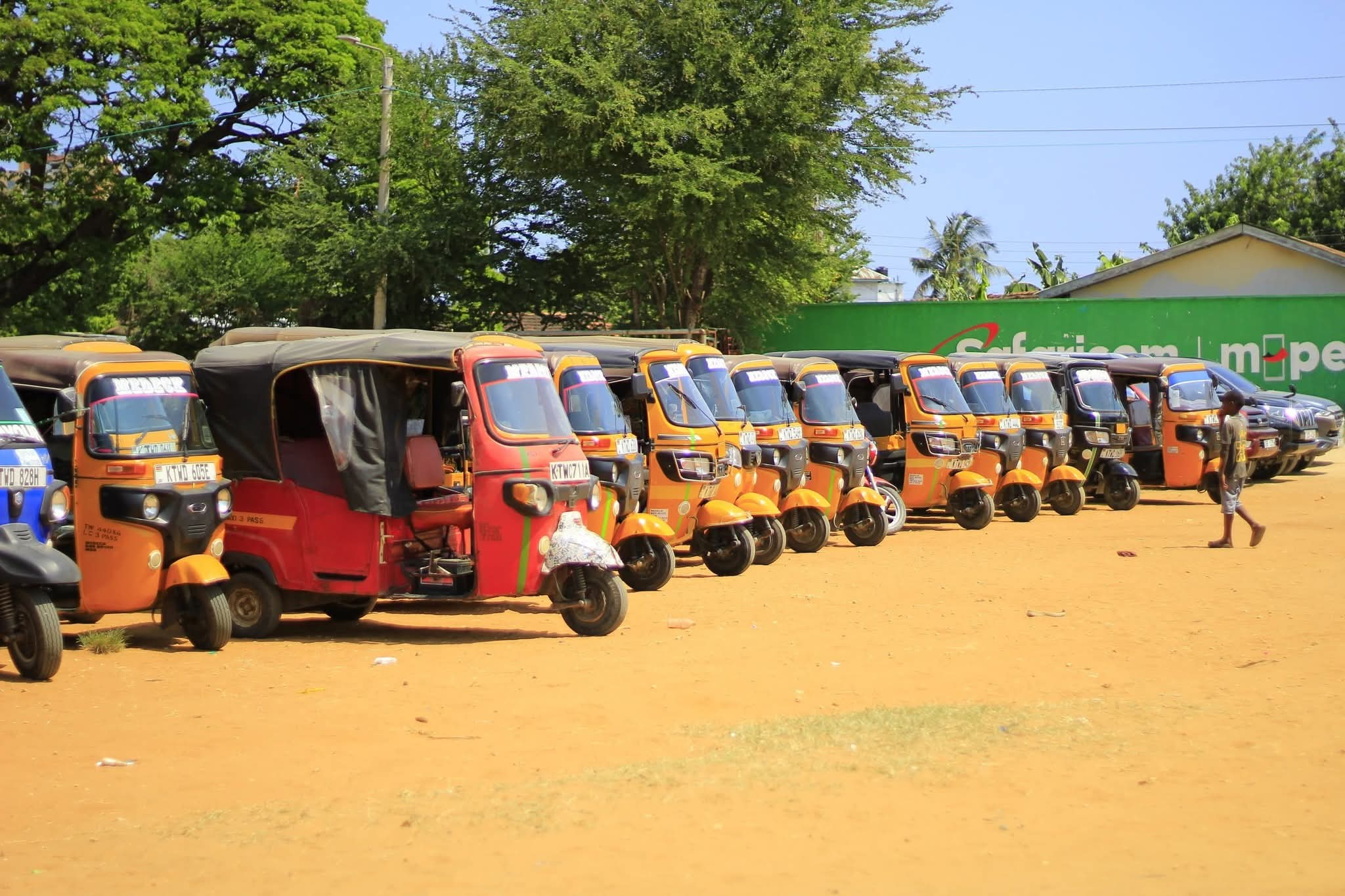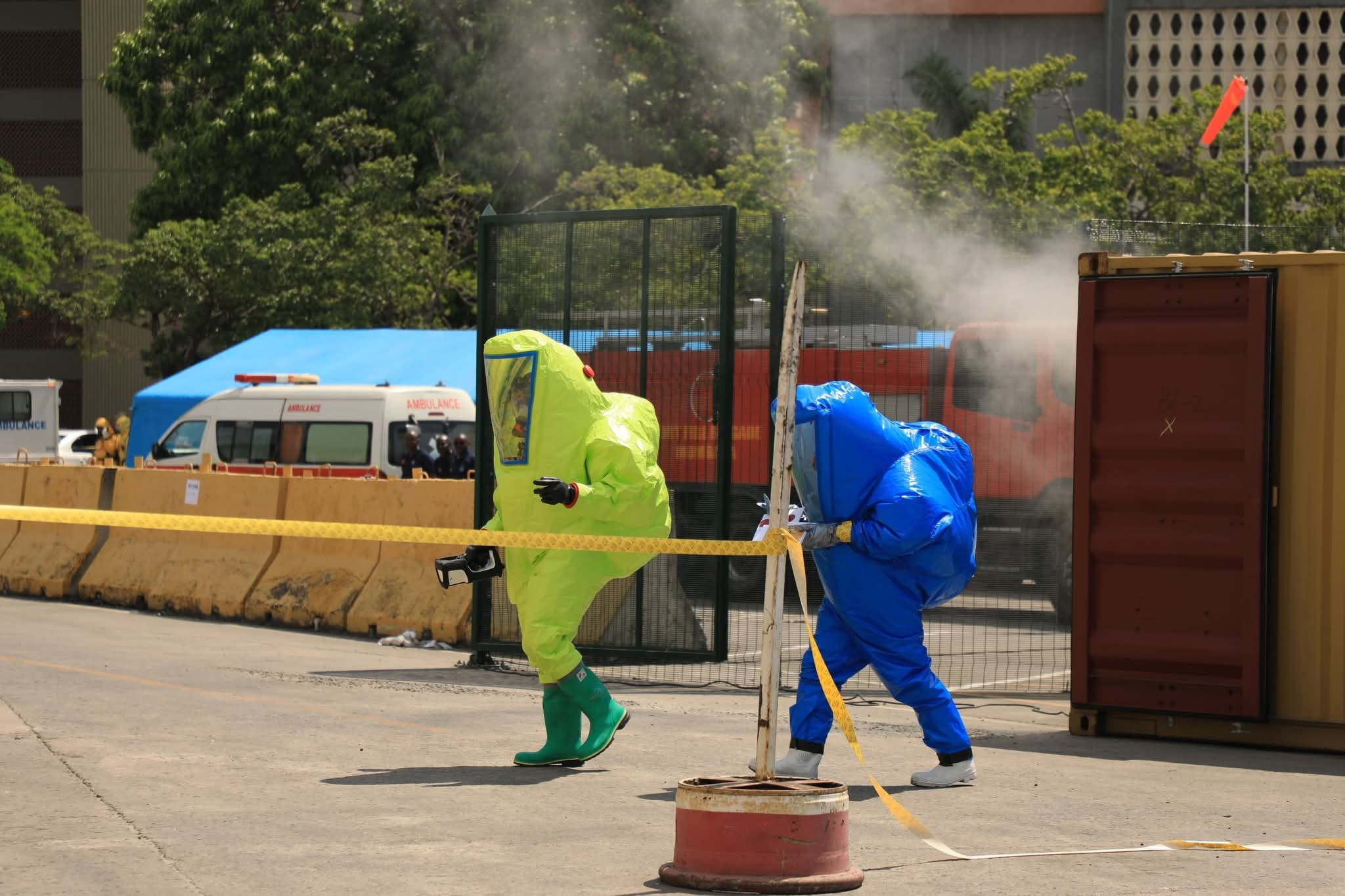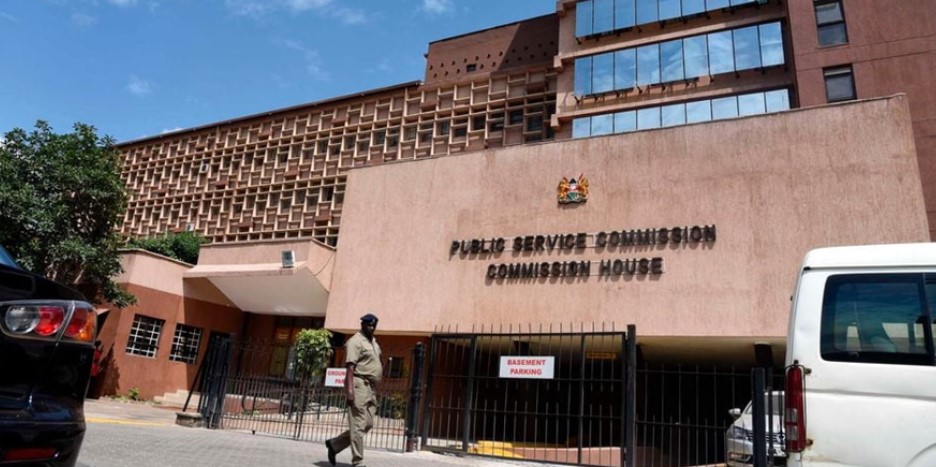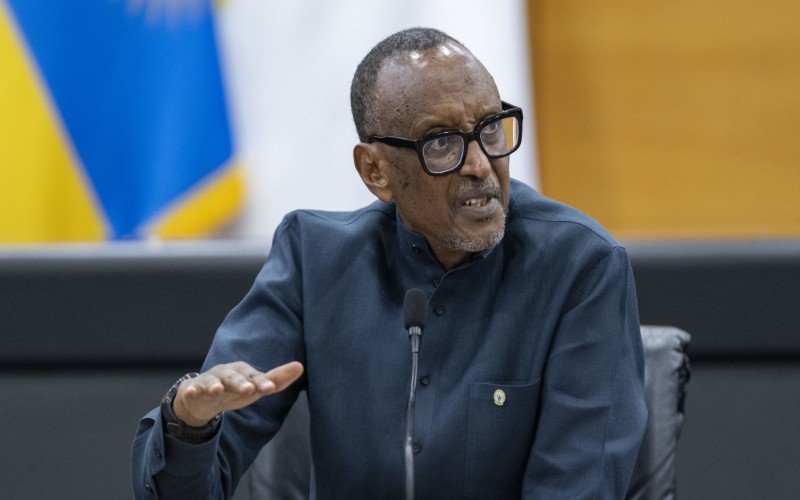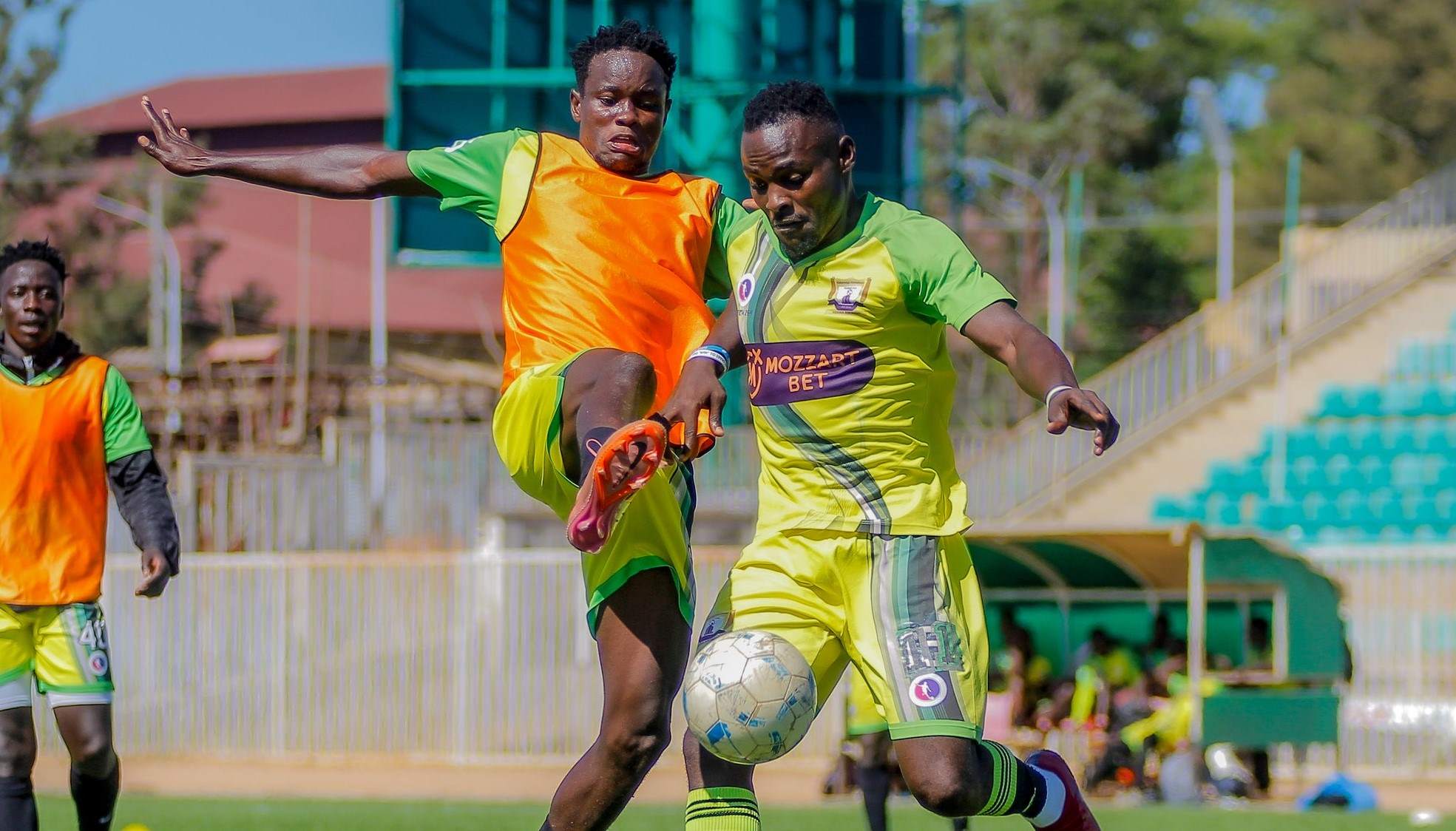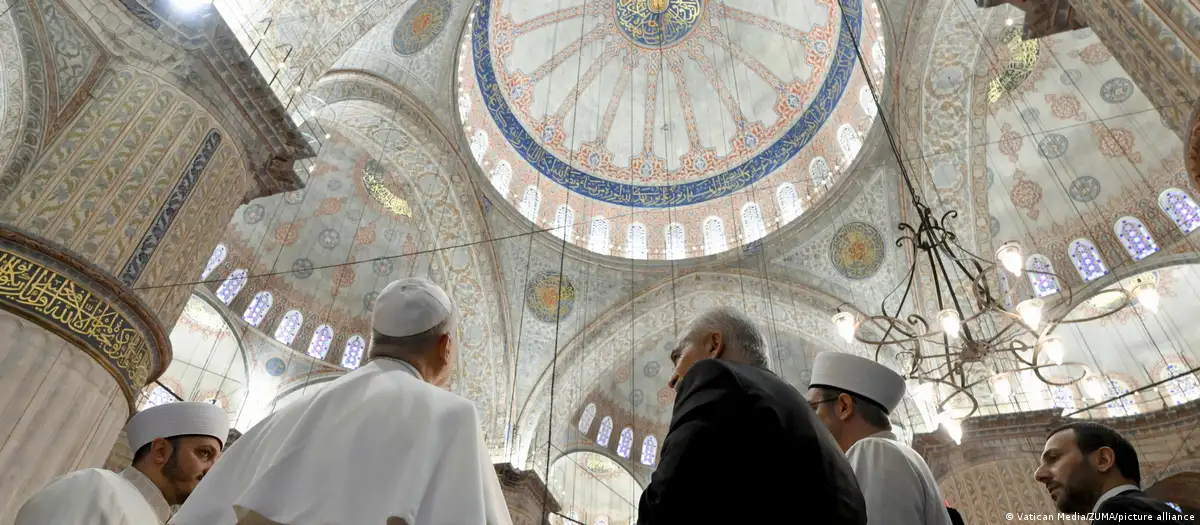Biological attack: Court stops release of ISIS leader, DPP to challenge jail term
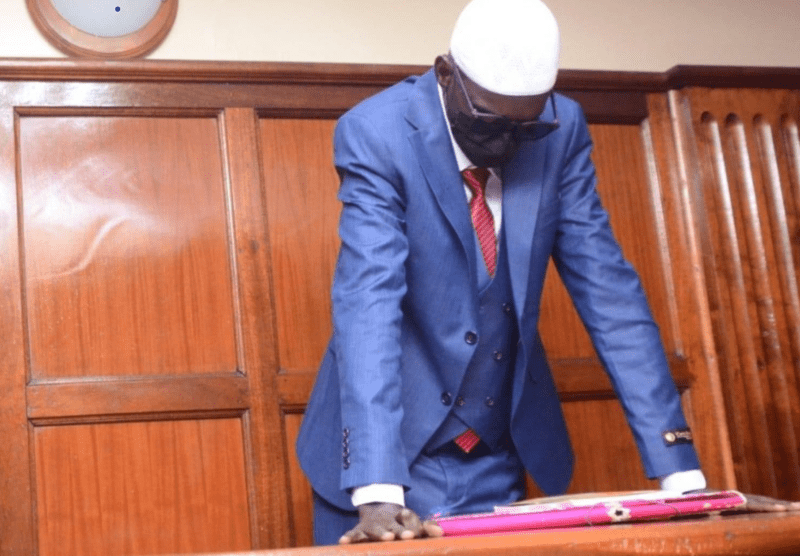
He was convicted for planning to execute a terror attack using a biologically manufactured anthrax bacteria.
The high court has stopped the release of East Africa Islamic State (ISIS) terrorist group leader Mohammed Abdi Ali who was due to be released from jail on Monday, April 29.
Mohammed was on Monday this week handed a 12-year jail term with remission and was to be released from jail since the sentence started on April 29, 2016, when he was put in custody.
More To Read
- Terrorism in Africa, a ‘growing global threat’
- Nigeria’s new terror threat: JNIM is spreading but it’s not too late to act
- How ATPU busted prominent lawyer over alleged terror financing linked to ISIS
- Nairobi County bans Probox vehicles from meat transport amid health concerns
- African Union calls for respect of Nigeria’s sovereignty amid religious persecution claims
- 868 Al-Shabaab militants killed since February - Somali Defence Ministry
The medic who was working at the Makueni County Referral Hospital in Wote town was arrested while plotting to carry out a biological terror attack using Anthrax.
He had been jailed by Mombasa Chief Magistrate Martha Mutuku after he found him guilty of various terrorism-related charges.
Justice Lilian Mutende issued a stay order restraining the release of the terrorist after the office of the Director of Public Prosecutions (ODPP) sought the same be lifted pending an appeal against the sentence.
The ODPP feels the jail term of 12 years is insufficient and not consistent with the offences Mohammed was convicted for, and what would have been the outcome of the attack if it was carried out.
The attack was stopped by the National Intelligence Service (NIS) which aided the Directorate of Criminal Investigations (DCI) in arresting Mohammed and his wife.
Mohammed had been charged alongside his wife but she was acquitted.
He was convicted for planning to execute a terror attack using a biologically manufactured anthrax bacteria.
He was working in cahoots with others outside the country to carry out the attack using the bacteria which causes instant death.
Dr Mohammed was found guilty on five counts of being a member of a terrorist group, organizing a meeting in support of terrorist group activities and recruitment of members to a terrorist group.
Other offences he was found guilty of include the collection of information to commit a terrorist act and being in possession of articles connected with the commission of the terrorist act.
The articles include videos and images on his three mobile phones and laptops for use in instigating the commission of terrorist acts.
The court, however, acquitted Mohammed's wife Nuseiba Mohammed Haji Osman alias Umm Fidda who had been charged alongside her husband on all charges relating to planning a terrorist act and being a member of a terrorist group for lack of evidence.
While convicting Mohammed, Justice Mutuku said that there was overwhelming evidence that the medic was in constant communication with other terrorists outside the country through his social media accounts namely Twitter, Gmail WhatsApp, KIK, Threema and Telegram among others.
"From the evidence of the 26 witnesses, the court concludes that (Mohammed) was in association with the Al-Shabaab as he would disseminate the information on his various social media platforms by offering logistical assistance to ISIS, a known terrorist group," she said.
"On his Twitter account even when the accounts were closed, he would open other accounts and share Al-Shabaab materials to his followers."
ISIS cell
The court found that Mohammed being a member of the ISIS terrorist group, organised meetings in support of terrorists and at one point made a directive to a terror operative Mohamed Adbullahi Hassan A.K.A Miski, and other unidentified persons to plan for the establishment of an ISIS cell in Kenya with the help ISIS returnees from Libya.
During the hearing, the State prosecutor Duncan Ondimu informed the court that the terror network linked to Mohammed has engaged in the active radicalisation and recruitment of university students and other Kenyan youth into terrorism networks.
The court was informed that the terrorist and his co-accomplices outside the country were planning large-scale attacks in Kenya using anthrax which would have caused mass deaths.
The prosecution stated that Mohammed's network has been facilitating Kenyan youths to secretly leave Kenya to join terror groups in Libya and Syria.
The terror network within Kenya spreads as far as the Coast region, North Rift region and Western region as well as other countries that include Somalia, Libya and Syria.
The prosecution also said that the network also included medical experts with whom they planned to unleash a biological attack in Kenya using the bacteria.
Two other ISIS terror suspects namely Kiguzo Mwangolo Mgutu and Abubakar Jillo Mohammed who are linked to planning to carry out retaliatory attacks in Nairobi and Mombasa went under after Mohammed and his wife were arrested.
Ondimu had urged the court to hand down the maximum penalties provided for in the law in the five offences of which the terrorist was found guilty.
Top Stories Today

